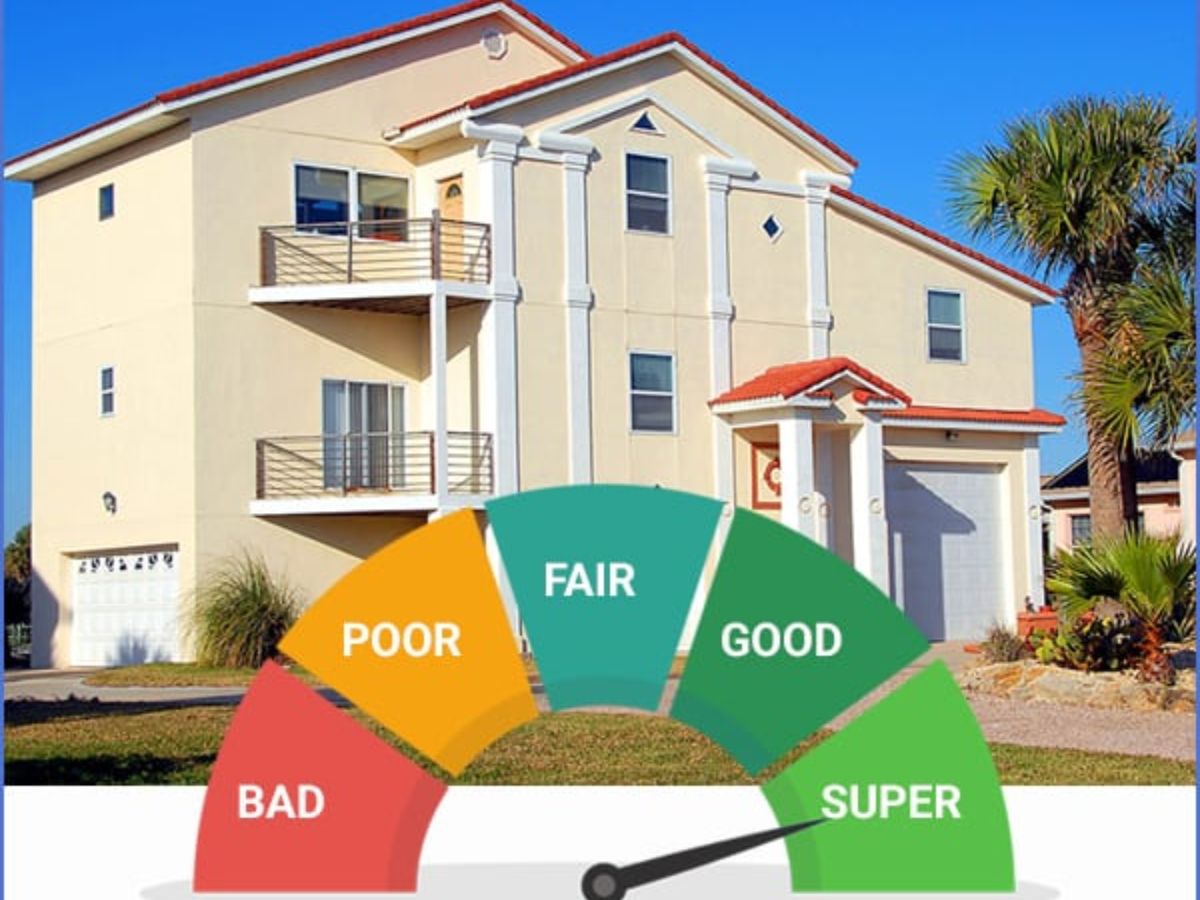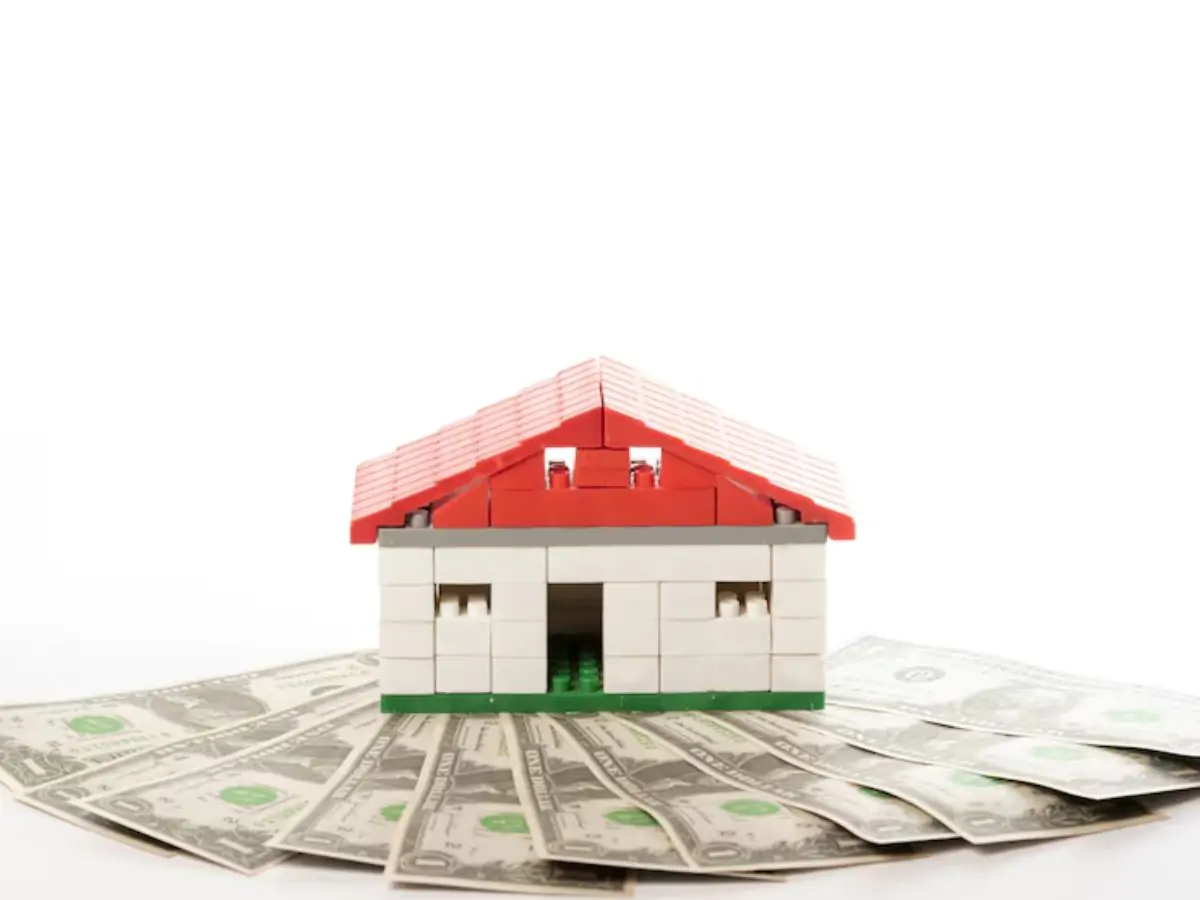
What Is a Good Credit Score to Buy a House?
If you’re dreaming of buying a home, your credit score is one number you need to pay close attention to. Also known as a FICO score (named after the Fair Isaac Corporation), this three-digit figure represents your creditworthiness.
It’s calculated based on your credit history, which reflects how reliably you’ve paid off debts like credit cards or student loans. For anyone looking to secure a mortgage, your credit score can be the key to unlocking the door to homeownership—or keeping it firmly shut.
Why Does Your Credit Score Matter?
When you apply for a mortgage, lenders want assurance that you’ll pay them back. Your credit score is a quick snapshot of your financial reliability. A higher score signals you’ve been a responsible borrower in the past, which makes lenders more likely to approve your loan. Plus, they may offer you lower interest rates as an incentive.
On the other hand, a lower credit score indicates risk, which could lead to higher interest rates or even rejection of your application.
That said, even if your credit score isn’t stellar, all hope isn’t lost. Some lenders may approve you for a subprime mortgage, but these loans often come with higher interest rates and private mortgage insurance (PMI), adding to your overall costs.
What Is a Good Credit Score to Buy a House?
Credit scores generally range from 300 to 850. Here’s a breakdown of how they stack up:
Excellent (750-850): You’re a lender’s dream. With this score, you’ll have no trouble securing a conventional loan and may enjoy the best interest rates.
Good (700-749): Still a strong position, allowing you access to favorable mortgage terms.
Fair (650-699): You might qualify for a mortgage but may face higher interest rates or stricter terms.
Poor (Below 650): This range signals past financial challenges, making it more difficult (though not impossible) to secure a mortgage.
In general, aiming for at least a score of 700 is a good benchmark if you want competitive rates on your mortgage.
How Credit Scores Are Calculated
Credit scores are determined by three major credit bureaus—Experian, Equifax, and TransUnion. While each bureau calculates scores slightly differently, they generally consider five key factors:
Payment History (35%): Paying your bills on time is the most critical factor. A single 30-day late payment can drop your score by 90 to 110 points.
Debt-to-Credit Utilization (30%): This measures how much credit you’re using relative to your credit limit. Aim to keep your utilization below 30%. For example, if your credit limit is $10,000, try not to carry more than $3,000 in debt.
Length of Credit History (15%): The longer your credit history, the better. If you’re new to credit, consider tools like the VantageScore, which can generate a score after just one month of credit activity (compared with FICO’s six-month requirement).
Credit Mix (10%): Having a variety of credit accounts like credit cards, auto loans and mortgages can boost your score.
New Credit Accounts (10%): Opening multiple new accounts in a short time can lower your score. Avoid applying for new credit when planning to buy a house.
How to Check Your Credit Score
Knowing your credit score is the first step. Many credit card companies, such as Discover or Capital One, offer free credit score checks. Websites like CreditKarma.com also provide free scores and insights. For a comprehensive view of your credit report, visit AnnualCreditReport.com, where you can access reports from all three credit bureaus.
Fixing Credit Report Errors
Errors on credit reports are surprisingly common. Mistakes such as missed payments incorrectly attributed to you can drag down your score. If you spot an error, contact the credit bureau (Experian, Equifax, or TransUnion) with documentation to prove the mistake. Once corrected, your score will reflect the changes.
Boosting Your Credit Score
Improving your credit score takes time. Start well before you plan to buy a house. Steps include:
- Paying all bills on time.
- Reducing your debt-to-credit utilization.
- Avoiding new credit applications.
- Building a longer credit history by keeping old accounts open.
Checking your score annually and addressing any issues proactively can set you on the path to homeownership with less financial stress.
The Bottom Line
A good credit score can open doors—literally. Not only does it help you secure a mortgage, but it also impacts the interest rate and terms of your loan, saving you thousands of dollars over time. By understanding how your score is calculated and taking steps to boost it, you’ll be better prepared to turn your dream of owning a home into a reality.



